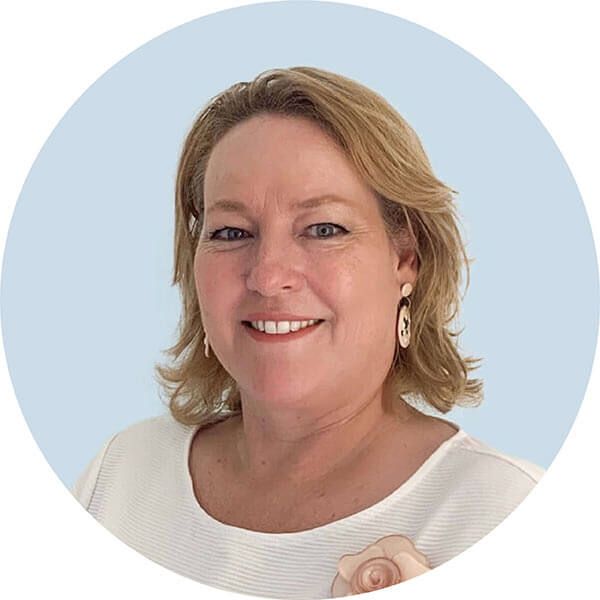Choosing how to invest
It can be daunting to know where to start when investing. Low value balances for investible funds can take the pressure off for some, while others simply procrastinate, unable to make any decisions! I have seen investors sit on cash with wonderful intentions to invest funds…. over years!
When meeting with clients we ‘risk profile’ investors to understand their tolerance levels and attitudes. It also helps to understand the risk/reward sweet spot on an individual basis. The conversation that shakes out from profiling provides valuable information to advisers such as sentiment towards certain asset classes like shares and property and where this stems from. Eg parents or grandparents investment experience and influences.

Antonia Gapes
Financial Planner
Sunshine Coast Office
Next step is to understand the features a client values; namely active or passive investment style. Active has management that seeks to attempt to outperform the market with a fee to do so, passive will simply follow a market index and is often low cost. Does the investor want to make portfolio decisions themselves or have someone with investment expertise make those decisions? What preference to approach – strategic or dynamic? This will determine the parameters of asset allocations across Australian and international equities, property, cash and fixed interest. Advisers find this out through conversations and explain the differences with clients.
Many clients favour active management as they want someone overseeing their portfolios. In selecting a fund manager, the need to delve deeper to understand the methodology, fees and performance and if the fund manger adopts a value or growth style, or both.
Simply having this conversation with clients allows an investment path to present itself and is very collaborative between adviser and client. Most importantly, we understand that this may be the first time our clients are having this conversation, skilfully enquiring and educating along the way. I encourage anyone to reach out if you have not had this conversation already or are not sure how to start making investment selections.
Latest News







